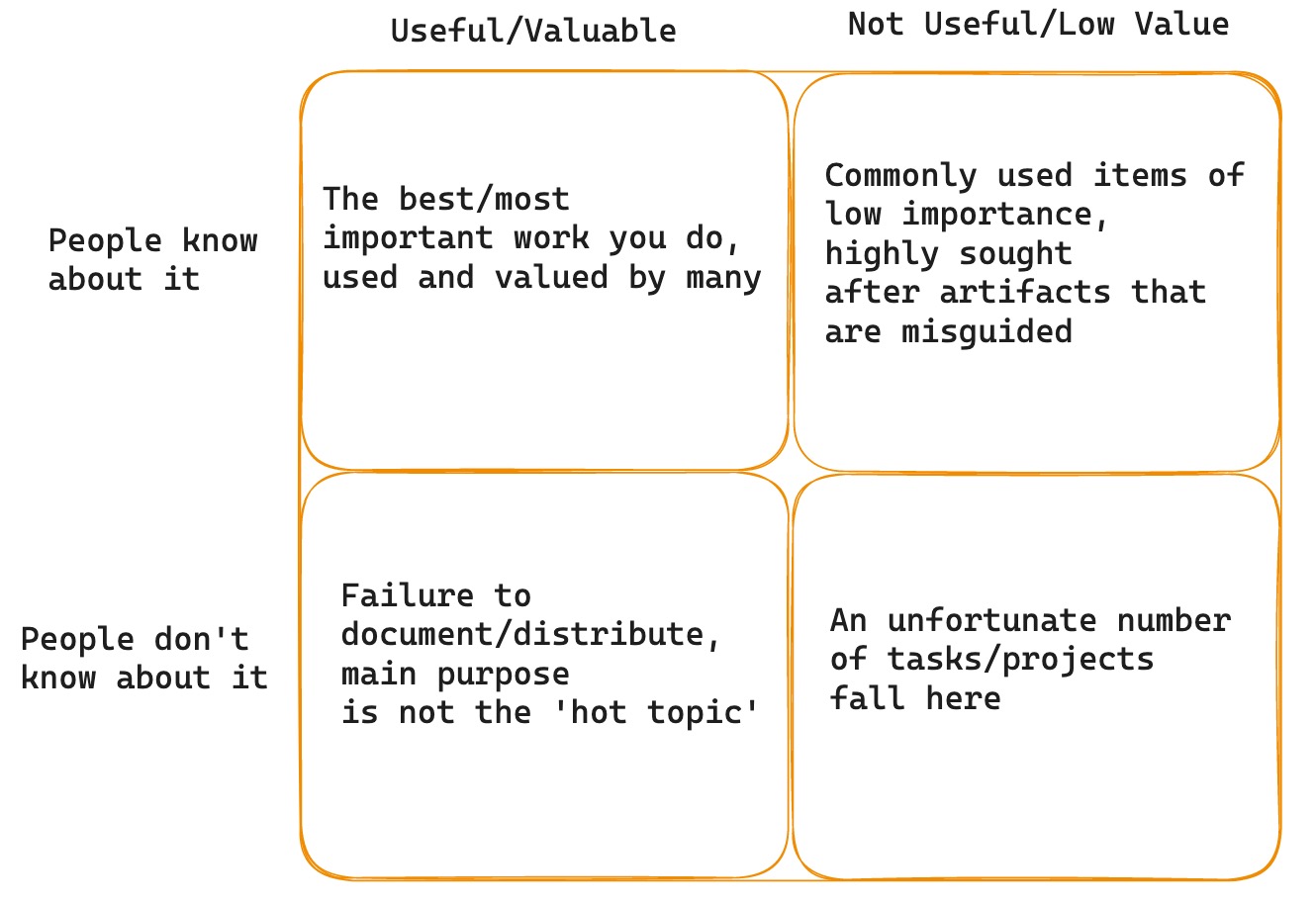Redlining
For some people, not red lining all the time is a skill in and of itself. Why wait until you have an injury or a mental health crisis to take a breath?
Reflection⌗
I was brushing my teeth recently, paused, turned to my girlfriend and proclaimed that I wasted all four years of college on two degrees that were not challenging. I said that I should’ve majored in something “more difficult” like Engineering, Math or Computer Science because “I could have” and people wouldn’t “default to questioning my abilities”. The constant grappling with “I could have done more” or “I could have challenged myself” is probably good in some regard, but I believe the above scenario is unhealthy and bleeds into why I have found myself redlining ~for no reason~ at work over the last year or so.
Redlining: drive with (a car engine the human brain) at or above its rated maximum rpm.
My girlfriend refuted the above points pretty quickly. Reflecting on the above, I realized I was being quite harsh on an 18 year old that had no idea what he wanted to do. I was being insecure about my background and over indexing on some irrational fear of my inability to learn and produce good work. I was discounting the fact that I have had and will have future opportunities to pursue furthering education in a variety of fields. I understand that there is some amount of life I can’t control, responding erratically and sprinting as fast as I can toward certain goals is suboptimal.
Consistency is efficiency, going 100 mph in most vehicles is not as fuel efficient as going 55 mph. You do not need to impress everyone at all time. Although I am not a car or a transformer, I think this applies.
At Work⌗
At work, I would find myself trying to accommodate all types of requests as quickly as possible. There is a consistent sense of urgency about most things that people want done. I think the urgency is caused by people wanting to believe that what they are working on is urgent/important or being told that it’s urgent/important. In addition, others may also want to impress their peers/boss and the urgency surrounding that is subsequently passed on to the person they require something from. The presence of urgency in combination with the desire to help/impress coworkers, fuels a sense of wanting to get things done as quickly as possible redlining and stressing to deliver.
-
Most things are not important, if ten people come to you in a day telling you they have a hugely important task think twice
-
When evaluating a large project don’t assume that its value add, has been properly vetted, and the timelines make sense. Default to being skeptical
-
If extremely value add work could be done easily/quickly it would probably already be done, approach these types of request cautiously
-
Be flexible on implementation, the hot topic changes, do not take a change of direction to heart and pivot as necessary
Refrain from doing as much as possible: If you get a ton of cool stuff done but have no time to document it, iterate on it, and tell people about it… it will go unknown. If you work on a ton of stuff and get it all done fast most of that stuff is probably not useful, will require corrections, and be prone to going unnoticed

Spending more time investigating and figuring out why something is needed ~is this actually valuable~ is worth way more in the long run than solving useless problems. You can spin your wheels all day, redlining, while only having a small portion of your work be actually useful or… spend the extra time investigating to avoid useless work in the first place.
Investigating is not as mentally taxing. Working on a difficult problem, writing a bunch of code, figuring out why the code you wrote is wrong and doesn’t work is stressful and difficult. Asking people to provide you better inputs as to what they want, asking why they need what they asked for, asking how much benefit is to be derived, openly asking a plethora of questions to verify exactly what is needed all increases the quality of your work while reducing the mental bandwidth required in producing a useful artifact.
At the end of the day:
- Most things will become out of date unless they are maintained, nobody will take the time to maintain them unless they are useful.
- Nobody will have time to maintain many useful things if no-one uses them.
I also think this opens the door to more interesting job and role opportunities. Sure, you may not have produced as many artifacts as someone else but the depth and usefulness of the projects you did complete should outshine in comparison. Going deep on a few topics, creating something with tangible benefit, and then adequately documenting and sharing that thing scales exponentially while the ability to produce more and more “Stuff” scales linearly with the amount of time you want to sink into it.